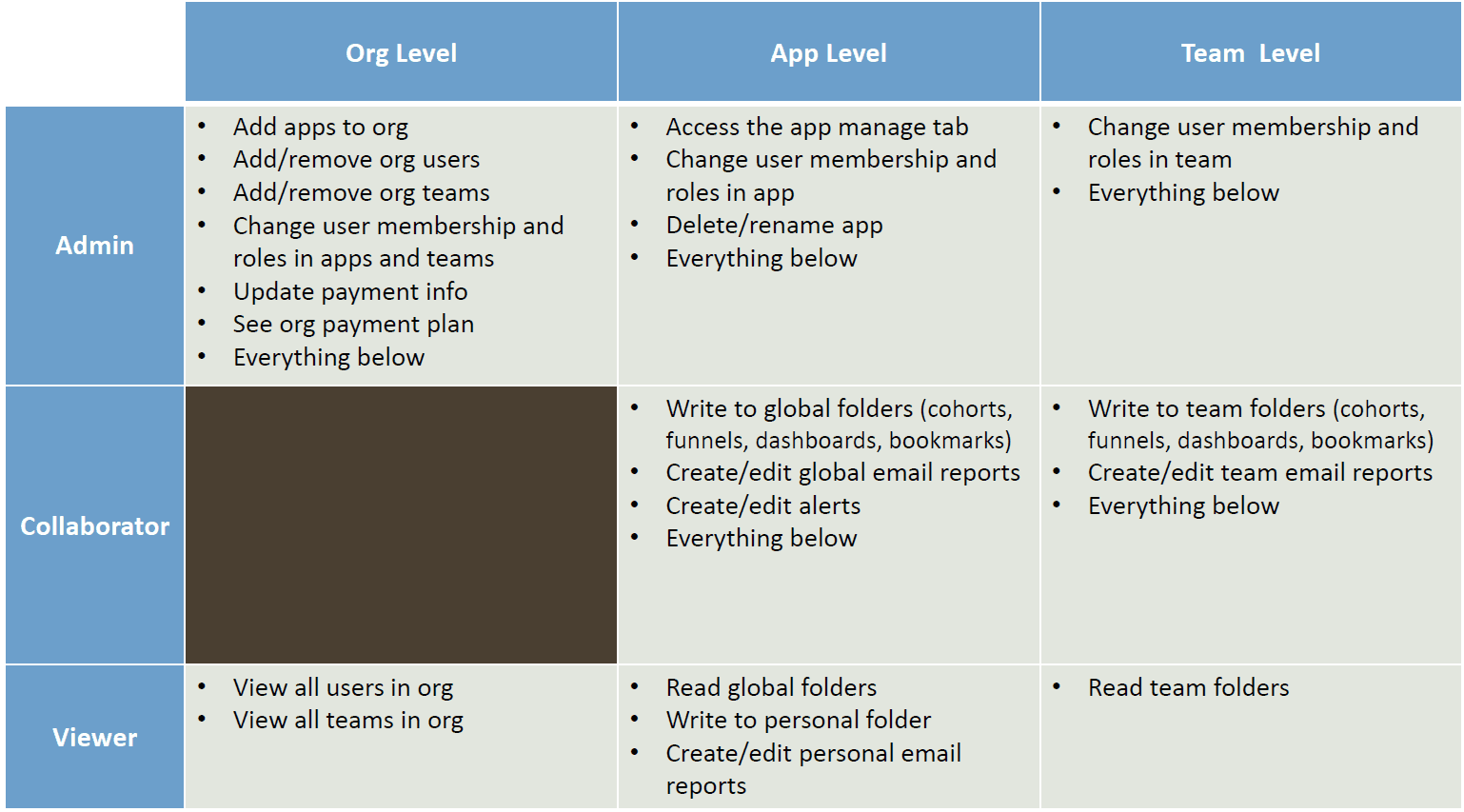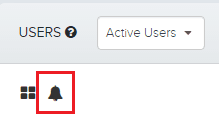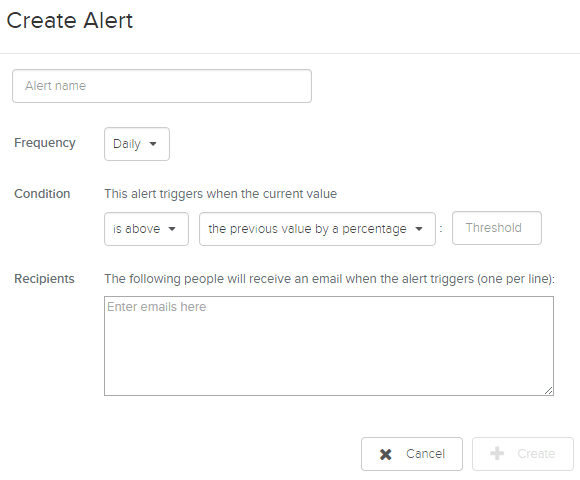New Features: Stickiness, Team Access Controls, Email Alerts, Redshift Playbook
We have some exciting updates! Our new stickiness metric shows you how often users come back to your app.
Team access controls give you more flexibility over who can edit team dashboards and reports. Email alerts allow you to be notified immediately when your metrics change. Lastly, we have an updated version of our Redshift Queries Playbook to help you answer complex questions about user behavior.
New Stickiness Metric
Our new Stickiness metric measures the number of different days a user performs an event in a weekly or monthly interval so that you can understand which events are driving users back to your app. In the example below, approximately 4MM users did the addPicture event at least one time during the week of March 9th. The red cell indicates that 40% of these users did the addPicture event on 3 or more different days that week. You can find Stickiness on the Retention tab.
Better Team Access Controls
Now you can more flexibly manage users and their permissions with our new access controls. There are now three types of “roles” in Amplitude — Admins, Collaborators, and Viewers.
At a high level, Admins have the power to manage settings, add/remove other users, change the role of other users, etc. Collaborators have write access to global/team folders. Viewers only have read access and can manage their own personal folders. Each role can be assigned at three different levels — Org, App, and Team — and the same user can have different roles at each level.
Refer to the chart below with detailed information about the abilities of each role at each level.

Email Alerts on Active and New User Graphs
Enterprise customers can set email alerts when active or new user data points cross certain thresholds. Be notified immediately when your metrics change drastically! You can access alerts by clicking on the bell icon on the top left corner of the active or new users graphs.


Updated Redshift Playbook
For Enterprise customers who have access to raw data via Amazon Redshift, we have updated our Queries Playbook with query templates that you can use to answer more complex questions. Some examples of new queries in the playbook are:
- Finding out the last three events a user does before churning
- Creating a funnel between events X and Y where no other events were done in between
- Showing the average session length per segment
Other Updates
Our JavaScript SDK now pulls UTM parameters automatically as user properties. You’ll need to update the JS SDK before seeing this feature.
SDK and API Updates
We highly recommend that you update your SDKs to the latest versions: Amplitude-Android 1.4.3 – 39 commits to master since this release Amplitude-iOS 2.2.4 – 17 commits to master since this release Amplitude-JavaScript 2.0.4 (released March 2, 2015) – Added includeUtm option – Added isNewSession method

Alan Ibrahim
Former Director of Customer Success, Amplitude
Alan is Amplitude's former Director of Customer Success, where he lead our North American Success team. As Amplitude's first employee, he built out our Customer Success function from scratch!
More from Alan



